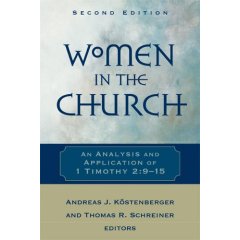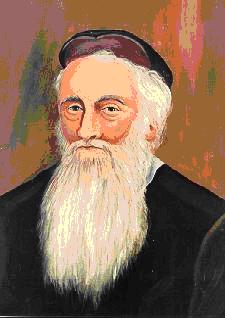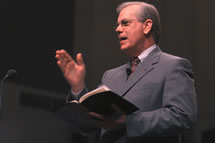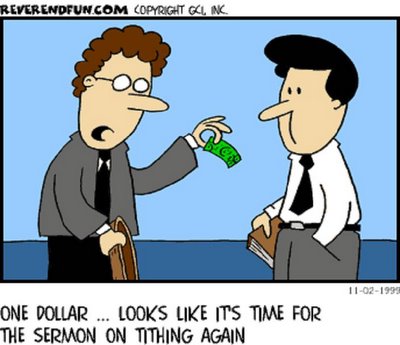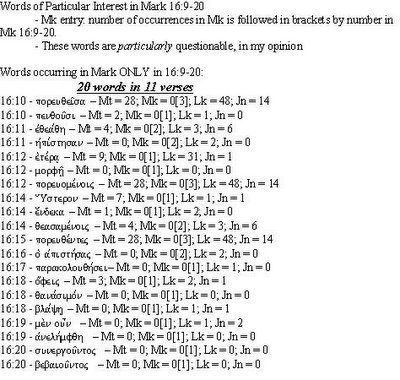
Modern Baptists, particularly Southern Baptists, are some of the most ardent advocates of tithing, especially “storehouse tithing.” But is this a traditional Baptist belief?
John Smyth, a Separatist and considered by many the first ‘modern’ Baptist, said: “Wee hold that tithes are either Jewish or popish.” Roger Williams (pictured to the left), who settled in Narragansett Bay (now Providence, RI) in 1636, said that ministers should serve freely “and that not in stinted wages, tithes, stipends, salaries” are they to be paid. John Bunyan (pictured below Williams)(1628–1688), author of Pilgrim’s Progress, commented on Luke 18:10–13: “This paying of tithes was ceremonial, such as came in and
 went out with the typical priesthood.” Luther Powell, a tithing advocate, said (of Baptists and tithing): “By and large, the Baptists—although inconsistent at times—remained true to the principles of separation of church and state and voluntary support of the ministry. They, more than any other group, are the representatives of the philosophy of church support which emphasizes voluntary support on the congregational level.” Basically they held to freewill support rather than “salaries, wages, stipends, or tithes.”
went out with the typical priesthood.” Luther Powell, a tithing advocate, said (of Baptists and tithing): “By and large, the Baptists—although inconsistent at times—remained true to the principles of separation of church and state and voluntary support of the ministry. They, more than any other group, are the representatives of the philosophy of church support which emphasizes voluntary support on the congregational level.” Basically they held to freewill support rather than “salaries, wages, stipends, or tithes.”Francis Wayland, an early Southern Baptist (1859), provided a description of providing ministerial support that is at variance with any advocacy for tithing. Early Baptists in England (1600s) were adamantly against tithing. They utilized Hebrews 7:12 to argue for the abrogation of the tithe.
Therefore, Baptists in America during this period were specifically opposed to tithing. They believed that alms were meant for the poor and that every member of the congregation should give liberally to meet the needs of their minister. However, Baptists were known for their stinginess and their ministers generally did not have an adequate income. The early Baptists did not address the issue of what percentage or proportion should be given since the amount was left for the individual to decide. Baptists were not simply ignorant of the practice, rather they formally disagreed with the tithing model. Eventually the Southern Baptist Convention adopted a statement supporting tithing in 1895. Therefore, Baptists generally did not accept tithing as obligatory for Christians from its founding (ca. 1600) to the late 1800s, almost 300 years. Therefore, how, where, and with whom, did the tithing renewal get its impetus?
References and Resources:
Barrington R. White, Association Records of the Particular Baptists of England, Wales and Ireland to 1660, 3 vols. (London: Baptist Historical Society, 1974), 1:44–45, 48, 151, 3:153–57.
Barrington E. White, “The English Particular Baptists and the Great Rebellion, 1640–1660,” Baptist History and Heritage 9 (1974): 23–28.
Edward Terrill, The Records of a Church of Christ in Bristol, 1640–1687, ed. Roger Hayden (Bristol: Bristol Record Society, 1974), 134–35.
Charles F. Dole, “The Voluntary System in the Support of Churches,” The Unitarian Review 28:22 (July 1887): 22, 24.
Luther P. Powell, Money and the Church (New York: Association Press, 1962), 91.
Francis Wayland, Notes on the Principles and Practices of Baptist Churches (New York: Sheldon, 1859), 63–64, 191–92, 237–40.
Albert L. Vail, Stewardship Among Baptists (Philadelphia: American Baptist Publication Society, 1913), 4, 7, 37, 39–40, 47, 49–50.
Southern Baptist Convention, Annual of the Southern Baptist Convention (Nashville: Executive Committee, Southern Baptist Convention, 1895), 18–24.
John Bunyan, Bunyan’s Searching Works: The Strait Gate, The Heavenly Footman, The Barren Fig-Tree, The Pharisee and Publican, and Divine Emblems (Philadelphia: American Baptist Publication Society, 1851), 24.
